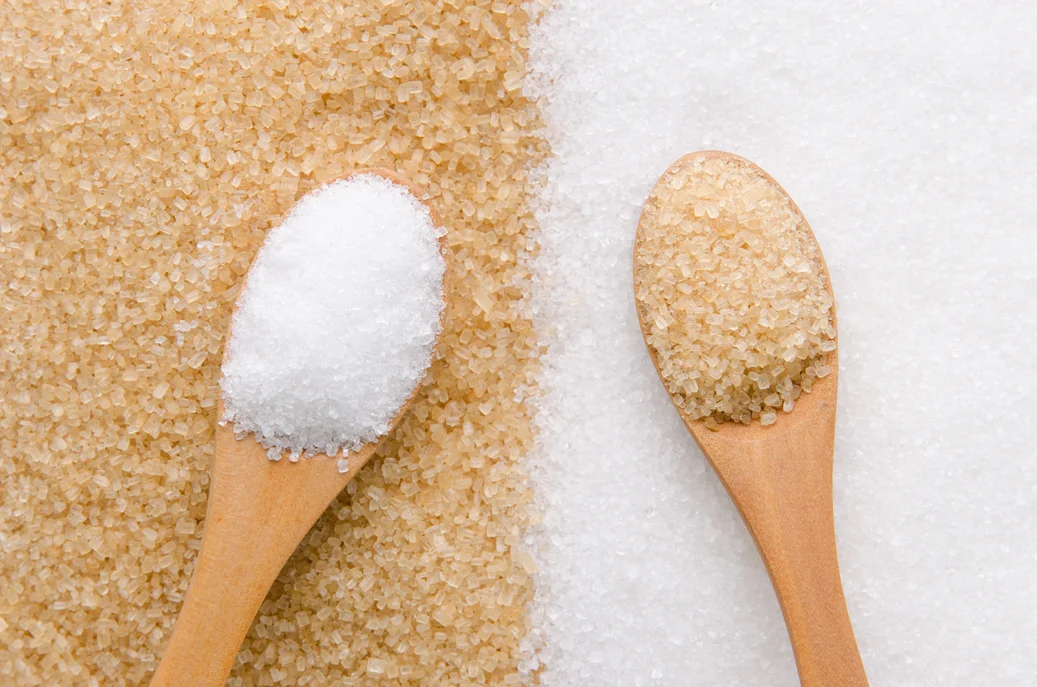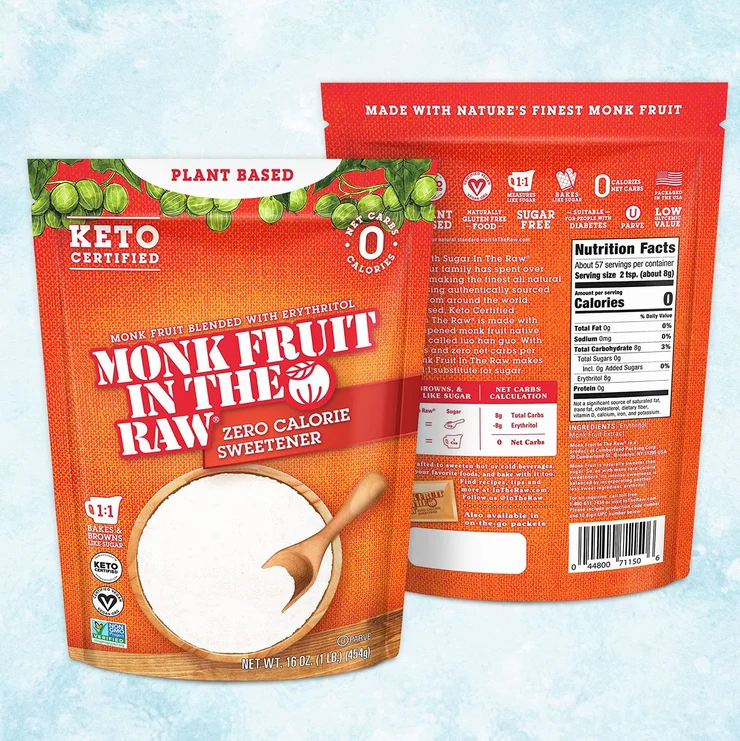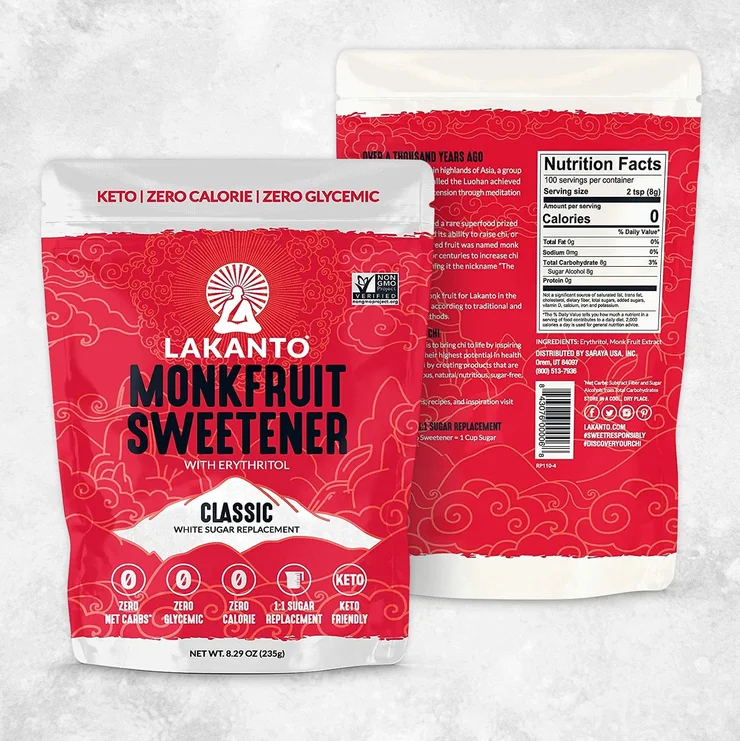Thanks to monk fruit and stevia, cutting out sugar feels way less daunting. These two natural sweeteners started out as really good, healthy sugar alternatives—until they weren’t. Too often, food brands use deceptive marketing practices to mislead anyone trying to avoid artificial sweeteners.
This is the case for both monk fruit and stevia.
In this blog, we’ll cover the difference between monk fruit and stevia, and the number one thing to know when shopping for foods and beverages that have these two natural sweeteners.





